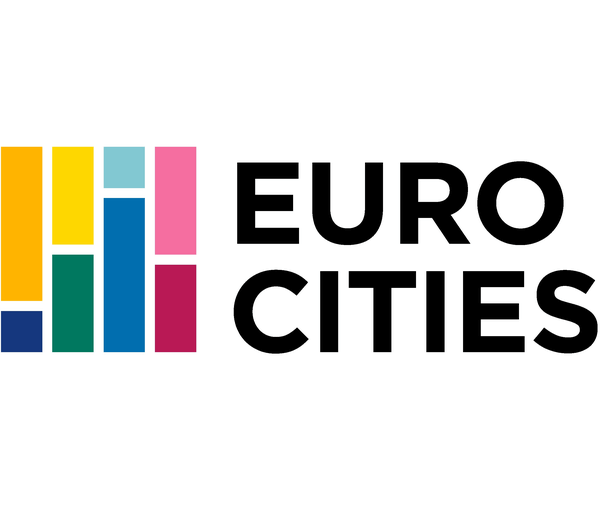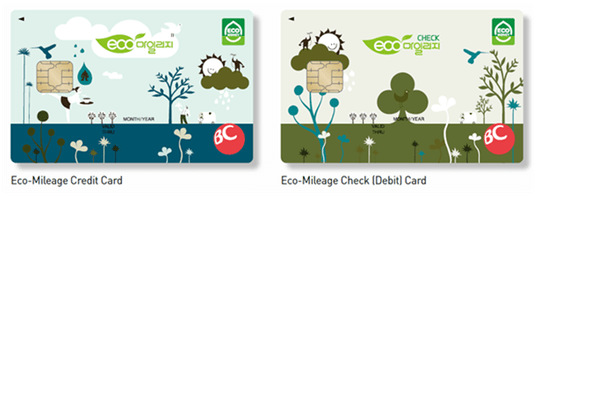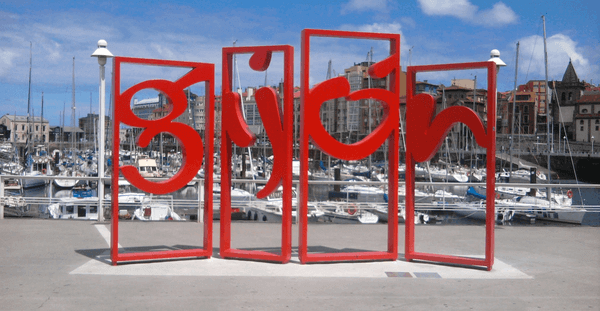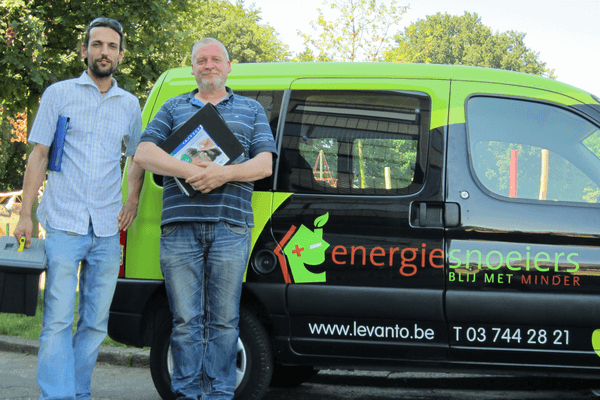City
Birmingham
Main actors
City Government, Private Sector, other
Project area
Whole City/Administrative Region
Duration
Ongoing since 2009
Young startup businesses benefit from tailored support and being part of a community. That’s what makes Birmingham’s ‘Entrepreneurs for the Future’ (e4f) programme stand out: it offers bespoke support and the chance to join a network of like-minded startups.
Launched in 2009, Entrepreneurs for the Future (e4f) offers tailored support and an environment of collaboration and open innovation for local creative talent. Services offered by e4f, which is partially funded by the European Regional Development Fund (ERDF), include hotdesking, bespoke mentoring support and dedicated coaching from an ‘entrepreneur in residence’. The idea is to help entrepreneurs turn an initial idea into an investment-ready proposition.The network is particularly important as young businesses thrive from being part of a network through which they can pool ideas, make new contacts and collaborate on projects. To date, e4f has generated 100 startups which produce on average €100,000. With most startups intending to remain in the local area, e4f has been an important factor in helping Birmingham address the ‘brain drain’ effect.
Originally published by EUROCITIES, the network of 130 European cities - PDF: http://nws.eurocities.eu/MediaShell/media/June_Citiesinaction_e4f_Birmingham.pdf
Eurocities Awards
This project was shortlisted for the 'Eurocities Awards' in 2013 in the following category: Smart jobs.
On Map
The Map will be displayed after accepting cookie policy








